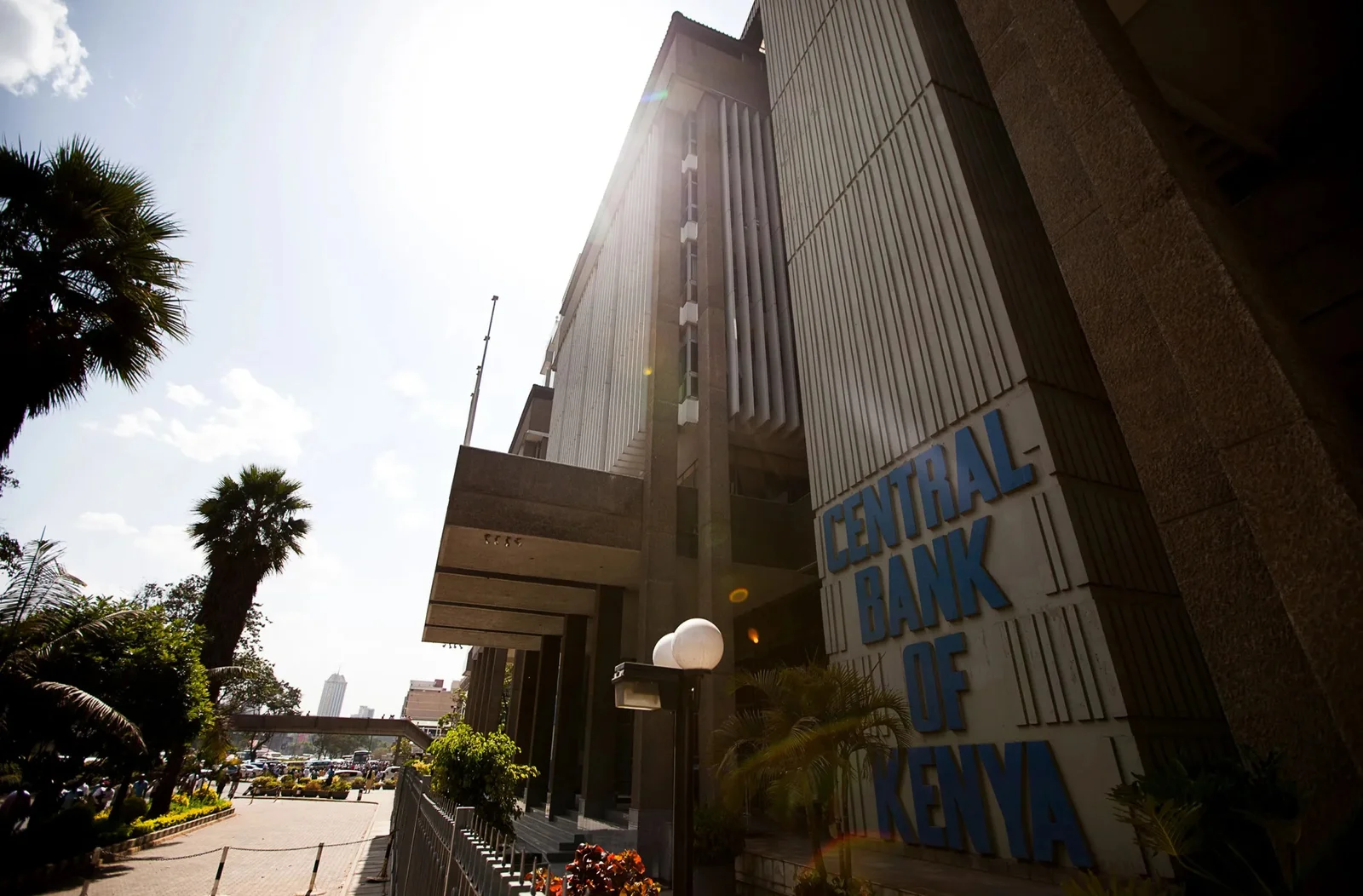In a recent development, Kenya’s banking sector has shown a mix of responses to the Central Bank of Kenya’s (CBK) order to reduce lending rates.
Despite pressure and the threat of daily fines from the regulator, only a handful of banks have complied by adjusting their rates, sparking debate on the effectiveness of the new regulations.
Between August 6 and February 5, the CBK implemented four cuts to the benchmark rate, reducing it by 2.25 percentage points from 13 percent to 10.75 percent.
However, of the 38 banks in the country, only five- Citibank NA Kenya, Absa Bank, Standard Chartered Bank of Kenya, Victoria Commercial Bank, and Stanbic Bank Kenya—took action to lower their lending rates by the full amount.
This lag in rate reductions comes despite the CBK’s warnings that it would impose daily fines on banks failing to adhere to the new policy.
While some banks like Access Bank, Premier Bank, and Cooperative Bank have raised their lending rates, others have made more modest adjustments.
Nineteen banks reduced their lending rates by smaller margins, between 0.01 percent and 1.55 percent. In a few cases, banks made cuts in March, but these numbers have not yet been reflected in CBK's latest filings.
The reluctance to implement deeper cuts can be attributed to the high cost of locked-in deposits, which banks have argued prevents them from lowering rates quickly.
In response to this, Kenya Bankers Association (KBA) chairman John Gachora has raised concerns over the loan-pricing formula.
Gachora, also the managing director of NCBA, emphasized that the existing pricing formula, which is based on a bank’s base rate and a borrower’s risk profile, has led to variations in interest rates across different banks.
“What is clear is that risk-based pricing needs a little bit of streamlining to remove some of the concerns. Banks have done a lot of work to reduce interest rates, but it is not very visible because each of us has a different rate,” he told Business Daily.
The high cost of borrowing has had a negative effect on consumer behavior, with businesses refraining from expanding and consumers avoiding loans.
The decline in private sector credit, which hit a 22-year low in December, has been blamed on the expensive lending rates.
The hope is that the current rate cuts will encourage borrowing, stimulate economic activities, and create a favorable environment for investment and consumption in the coming months.
Standard Chartered Bank Kenya’s CEO, Kariuki Ngari, echoed Gachora’s sentiments, suggesting that lenders need to ensure their rates move more closely in line with the CBK’s benchmark rate.
“Last year, interest rates were only moving in one direction which was up, now interest rates are coming down, we have to go back to the model and see whether the adjustment is as fast as that of the CBR and what needs to be done if it isn’t the case,” Ngari noted.
Following the CBK’s warning in February, some of the country’s largest banks, including Equity Bank, KCB Bank, and Co-operative Bank, made adjustments to their lending rates.
Equity Bank cut its reference rate from 17.39 percent to 14.39 percent, KCB reduced its rate from 16.6 percent to 14.6 percent, and Co-op Bank lowered its benchmark rate to 14.5 percent from 16.5 percent.
Despite these changes, the impact of reduced borrowing costs remains uncertain.
Bank profits, however, have continued to rise, with some top banks announcing record dividends to shareholders, buoyed by high lending rates.

